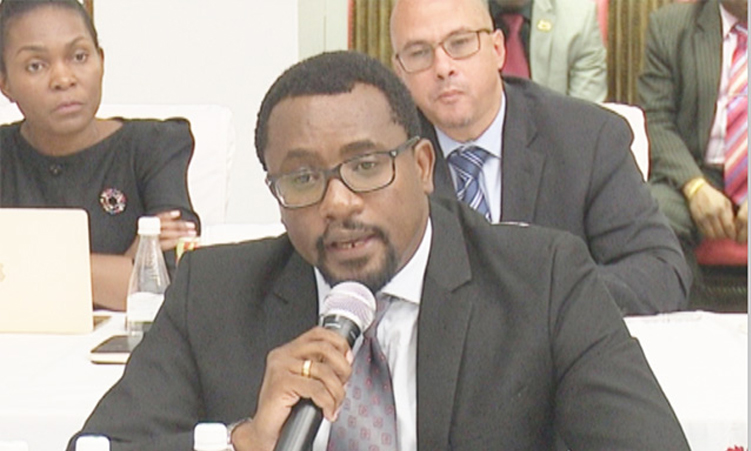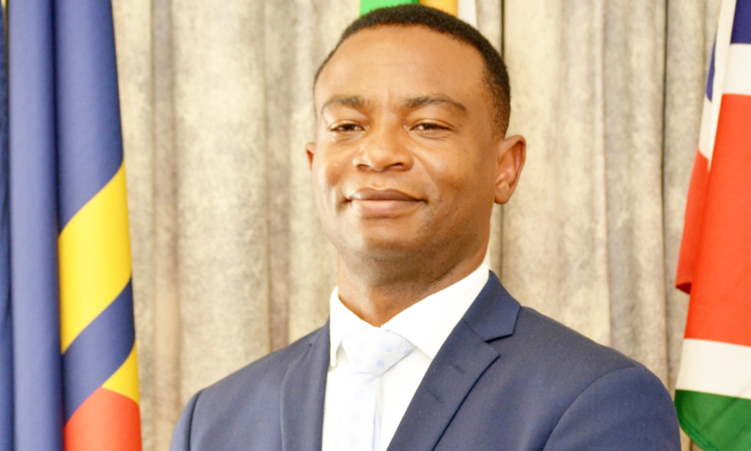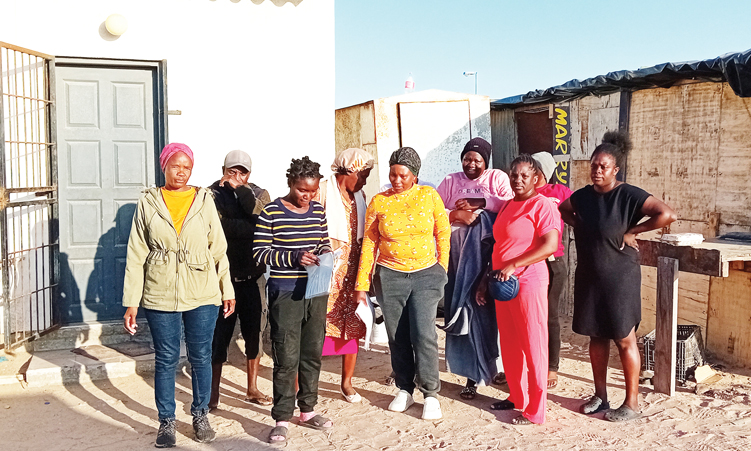The Namibia Tourism Board (NTB) is a statutory body established through an Act of Parliament, Act No. 21 of 2000. The NTB mandates are to market and promote tourism by encouraging people to travel to and within Namibia and promote the development of the tourism industry and environmentally sustainable tourism by actively supporting the long-term conservation, maintenance and development of the natural resource base in Namibia.
The NTB is also responsible for the following duties: Regulating the tourism industry in Namibia by putting measures in place to ensure that services rendered and facilities provided to tourists comply with the prescribed standards and promoting adequate training of people engaged or to be engaged in the tourism industry.
As part of NTB’s continuous efforts in uplifting the capacity building within the sector, the company will embark upon the tourism campaign throughout 2017 in order to realise the following objectives: Promote tourism and hospitality as a preferred field of study and as a career; address the shortage of skills in the sector; create career awareness amongst the youth; create a platform for graduates employed in the sector to share their story; boost enrollment in the course at institutions of higher learning and vocational training centres and encourage partnerships between tourism operators and learning institutions in view of internship opportunities.
Tourism and hospitality is often misunderstood by many people in Namibia and not only by pupils in schools.
As a result of this misunderstanding, many people associate tourism and hospitality with some economic class and do not consider themselves to be part of tourism and hospitality even when they participate or undertake activities in the sector. It is therefore crucial that, right from the beginning we define tourism and hospitality.
According to the United Nations World Tourism Organisation (UNWTO),”tourism comprises of the activities of persons travelling to and staying in places outside their usual environment for not more than one consecutive year for holidays, leisure and recreation, business, health, education or other purposes”.
Furthermore, “tourism is a collection of activities, services and industries which deliver a travel experience comprising of transportation, accommodation, eating and drinking establishments, retail shops, entertainment businesses and other hospitality services provided for individuals or groups travelling away from home”.?
The second concept that is often misunderstood is ‘hospitality’.
Many people assume this concept refers to ‘hospitals’. It is therefore not surprising to meet a pupil who would say he/she wants to study hospitality in order to be able to work in the hospital or clinic.
Hospitality in tourism refers to the “act/gesture of providing customer service to travelers or strangers in an accommodation establishment, such as a hotel or in a restaurant”. The overall goal of a hospitality professional is to ensure that guests and customers have pleasurable experiences away from home.
Tourism can be domestic or international. Domestic tourism is when citizens of a country visit attractions within their own country, eg a Namibian family visiting Etosha National Park.
International tourism, on the other hand, is when citizens of a country visit attractions in another country, eg a German family visiting tourism attractions in Namibia.
When tourists travel, they need various services such as services of a travel agency, tour operator, car rental, tour guiding, etc. referred to as tourism services. When at a destination, tourists need services such as accommodation, laundry, and meals, etc. which are part of the hospitality services.
Next time we will look at tourism and hospitality in Namibia and its relevance to our economy.
Stay informed with The Namibian – your source for credible journalism. Get in-depth reporting and opinions for
only N$85 a month. Invest in journalism, invest in democracy –
Subscribe Now!










